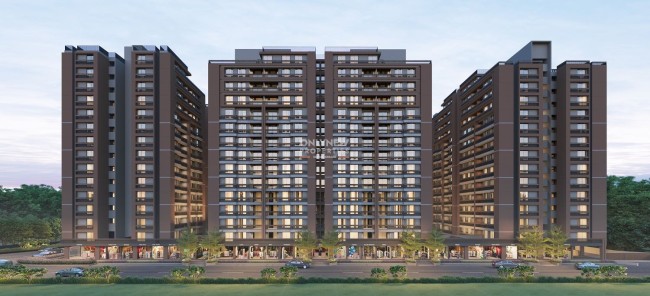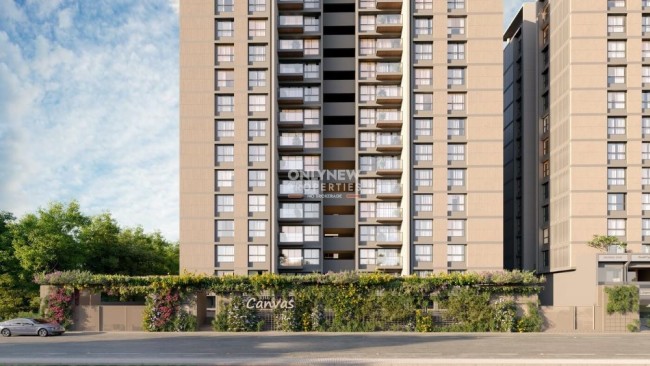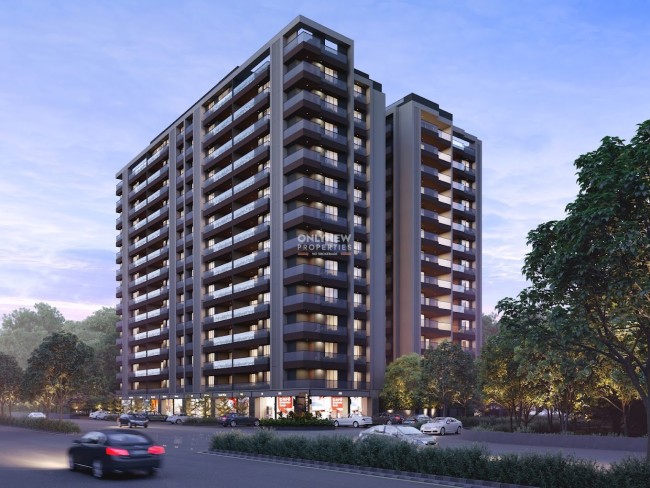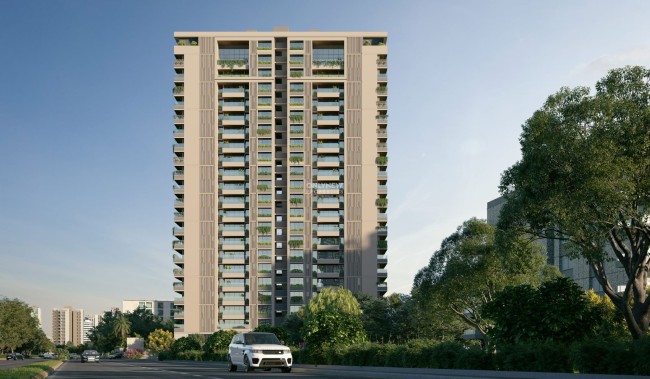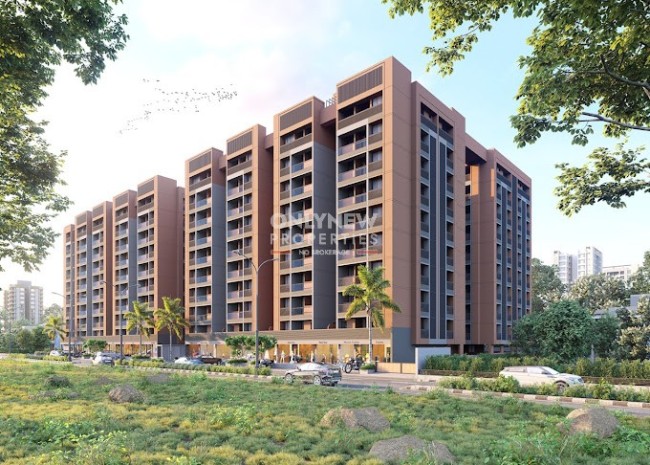Residential vs. Commercial Property Investment: Which is Right for You?
When considering an investment in real estate, one of the most crucial decisions is whether to invest in residential or commercial property. Both options offer unique benefits and challenges, and the right choice for you depends on factors such as your financial goals, risk tolerance, and the current market conditions. In this blog, we’ll explore the pros and cons of investing in residential and commercial properties to help you make an informed decision.
Residential Property Investment
Residential properties include houses, apartments, and condominiums that are primarily intended for people to live in. This category is often more accessible to first-time investors because it generally requires less capital and involves less complexity.
Pros of Residential Property Investment:
- Steady Demand: People will always need a place to live, ensuring consistent demand for rental properties. This makes residential properties a relatively safe investment.
- Lower Initial Investment: Residential properties typically require a smaller upfront investment compared to commercial properties, making them a good choice for those starting with limited capital.
- Easier Financing: Lenders are more likely to approve loans for residential properties, and the interest rates are often more favorable compared to commercial real estate loans.
- Appreciation: Over time, residential properties tend to appreciate, especially in developing areas or cities with growing populations.
- Tax Benefits: Residential property investors can benefit from tax deductions on mortgage interest, property taxes, and depreciation.
Cons of Residential Property Investment:
- Lower Rental Yields: Rental returns on residential properties are usually lower compared to commercial properties, particularly in prime areas.
- Tenant Turnover: High tenant turnover can lead to periods of vacancy and lost rental income. Additionally, residential tenants are typically more likely to default on rent payments.
- Management Costs: Residential properties require regular maintenance and management, especially if you have multiple tenants.
Commercial Property Investment
Commercial properties include office buildings, retail spaces, industrial properties, and warehouses, which are leased to businesses rather than individuals. These investments can offer higher returns but also come with greater risks.
Pros of Commercial Property Investment:
- Higher Rental Yields: Commercial properties often generate higher rental yields compared to residential properties, particularly in prime locations. Businesses are generally willing to pay more for quality space.
- Longer Lease Terms: Commercial leases typically span 3-5 years or longer, providing more stability and a predictable income stream for investors.
- Triple Net Leases: Many commercial properties use a "triple net lease" system, where tenants are responsible for covering the property’s operating expenses, including maintenance, taxes, and insurance, which reduces the landlord's costs.
- Appreciation and Equity Building: In addition to rental income, commercial properties often appreciate in value over time. Investing in commercial real estate can lead to significant equity building.
- Business Diversification: Owning commercial property can be an attractive option for diversifying your investment portfolio, especially if you already have residential investments.
Cons of Commercial Property Investment:
- Higher Initial Capital Requirement: Commercial properties require a larger upfront investment, making them less accessible for novice investors or those with limited capital.
- Risk of Vacancy: Commercial properties can experience extended periods of vacancy, especially in times of economic downturn. Businesses may choose to downsize or relocate, leaving you with an empty property and no rental income.
- Economic Sensitivity: Commercial real estate is more sensitive to economic conditions. A downturn in the market or a recession can negatively affect demand for office spaces, retail spaces, and other commercial properties.
- Complex Financing: Financing commercial properties can be more difficult than residential properties, with higher interest rates and stricter lending requirements.
- Management and Maintenance: Managing commercial properties often requires specialized knowledge, and the maintenance and upkeep can be more costly and complicated.
Key Factors to Consider
- Investment Horizon: If you’re looking for a long-term, stable investment with steady cash flow, residential properties might be the better choice. However, if you have a higher risk tolerance and seek potentially higher returns, commercial real estate could offer more lucrative opportunities.
- Market Conditions: The performance of both residential and commercial real estate is influenced by broader market conditions. During economic booms, commercial properties might perform better, while residential properties offer stability during downturns.
- Capital Availability: If you have limited capital, residential properties might be more suitable due to their lower entry costs. For larger investments, commercial real estate might be worth considering if you’re looking for higher returns.
- Risk Tolerance: Residential properties offer lower risk due to the constant demand for housing, while commercial properties carry more risk but have the potential for higher returns. Evaluate your risk tolerance before making a decision.
Which is Right for You?
Both residential and commercial properties offer distinct advantages, but the choice depends on your investment goals, available capital, and risk appetite. Residential real estate provides stable, lower-risk returns, while commercial real estate offers higher yields but comes with greater risks.
If you are a first-time investor with limited funds and are looking for stability, residential properties might be a better choice. On the other hand, if you have more capital to invest and are willing to take on more risk for potentially higher returns, commercial real estate might be more suitable.
Ultimately, the key is to carefully assess your financial situation, investment goals, and the current real estate market conditions to make the right decision for your portfolio.
Recent Posts
-
May 15, 2025 Your Dream Property, Powered by AI: A Smarter...
-
May 10, 2025 Why Weekend Villas Near Ahmedabad Are the New...
-
May 05, 2025 Why Our No-Brokerage Model Is Changing the Wa...
-
May 02, 2025 What is the Pricing of 3 BHK Flats in South B...
-
Apr 30, 2025 Upcoming Infrastructure Projects Boosting Pro...






 New Launch
New Launch





















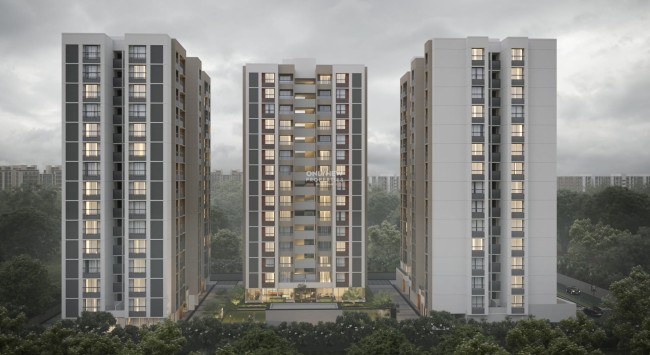
 Residential
Residential 1 Cr
1 Cr
 New Launch
New Launch



